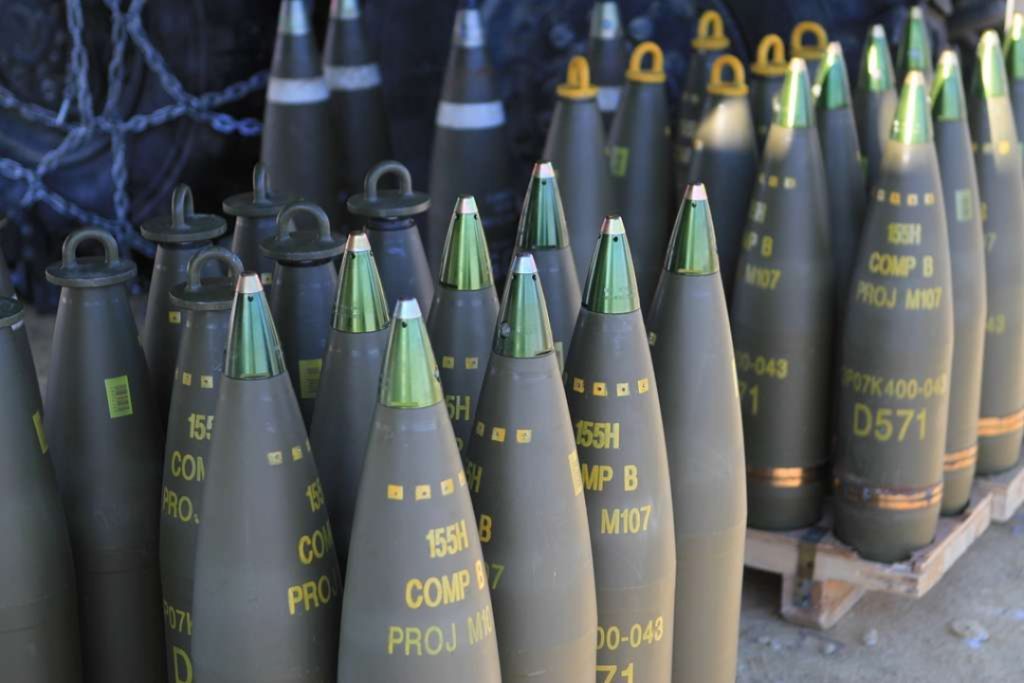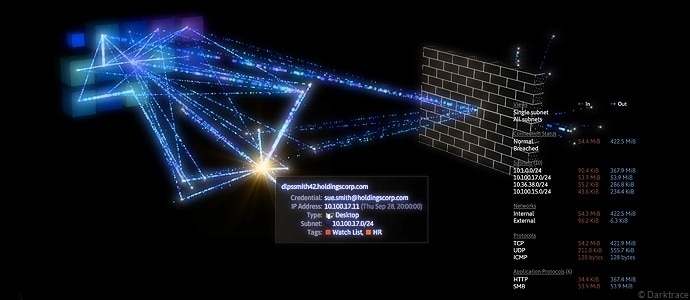Rheinmetall sending prototypes of 100km shells to Ukraine
Rheinmetall boosting output of artillery ammunition, sending Ukraine prototypes of 100 km range shells along with hundreds of thousands regular rounds in 2024.


German arms manufacturer Rheinmetall is focusing its production efforts on artillery ammunition to aid Ukraine’s fight against Russia’s invasion. The company’s CEO Armin Papperger stated that Rheinmetall will deliver “hundreds of thousands” of artillery rounds to Ukraine this year. Notably, these will include prototypes of shells with a range of 100 kilometers, according to Handelsblatt.
Defense Express notes that the most long-range 155-mm ammunition listed in Germany’s defense aid to Ukraine is the Vulcano, and last year’s Germany’s supplies of laser designators for this artillery ammunition hinted at the advanced Vulcano GLR variant capable of reaching up to 70 km when fired from 52-caliber artillery systems.
Papperger emphasized that artillery is proving to be a “game changer” in the Russo-Ukrainian war. While Russia has been firing massive amounts of artillery, Ukraine’s ability to respond has been hampered by shortages of ammunition. The Rheinmetall CEO assessed that “the Western world is not equipped for a conventional war,” with production capacities for artillery munitions having declined over recent years in Europe and the US.
Prior to Russia’s all-out war, Rheinmetall had an annual capacity of only around 70,000 artillery shells. However, the company expects to ramp this up to 700,000 rounds in 2024 and 1.1 million in the medium-term. New artillery plants are being established in Unterlüß, Germany as well as in Lithuania. Plans are also underway for a facility in Ukraine itself through a local joint venture.
Read also:
- German extremists torch home of Rheinmetall CEO over Ukraine arms supplies
- EU grants over €130 mn to Rheinmetall for ammunition production expansion
- Rheinmetall plans to set up four factories in Ukraine
- German Rheinmetall plans to produce ammunition in Ukraine
You could close this page. Or you could join our community and help us produce more materials like this.
We keep our reporting open and accessible to everyone because we believe in the power of free information. This is why our small, cost-effective team depends on the support of readers like you to bring deliver timely news, quality analysis, and on-the-ground reports about Russia's war against Ukraine and Ukraine's struggle to build a democratic society.
A little bit goes a long way: for as little as the cost of one cup of coffee a month, you can help build bridges between Ukraine and the rest of the world, plus become a co-creator and vote for topics we should cover next. Become a patron or see other ways to support.


